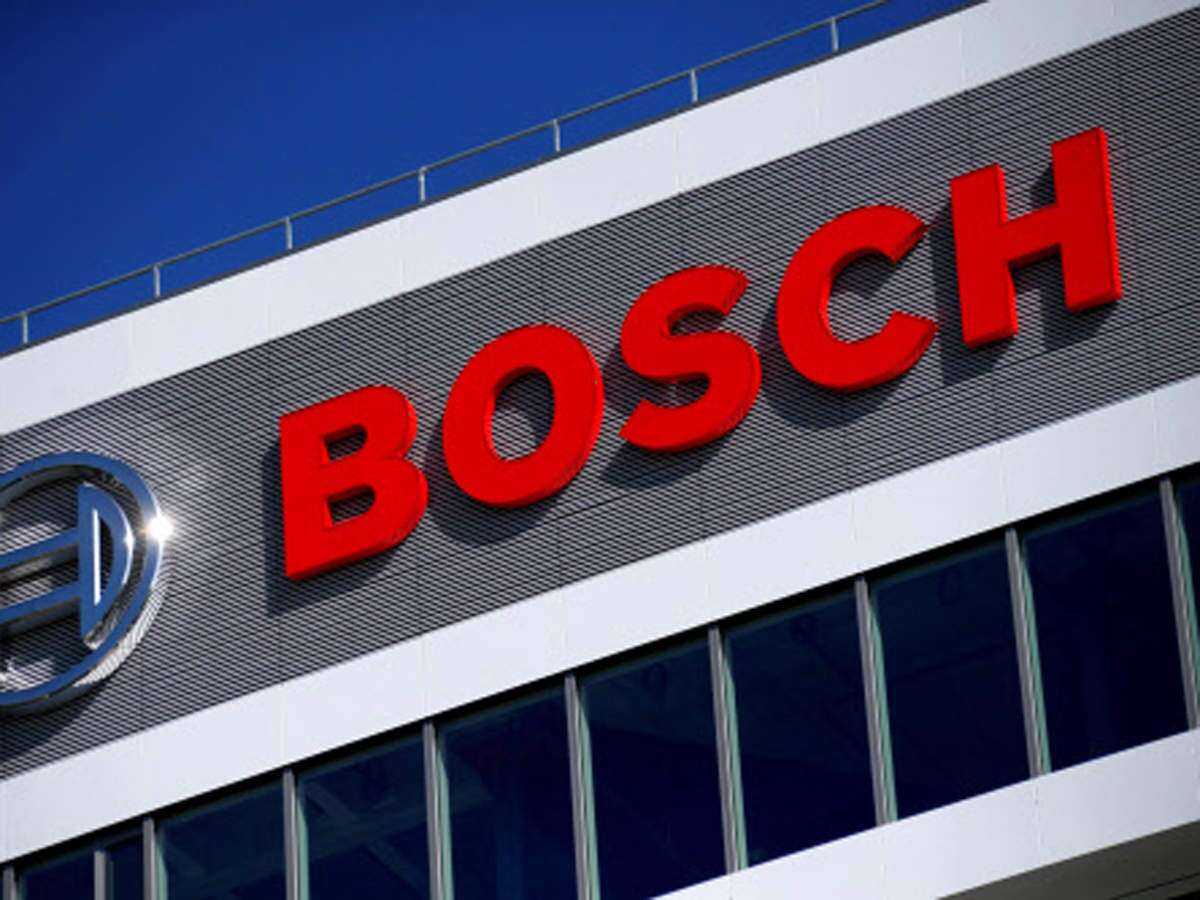Robert Bosch is considering closing a plant in Munich that makes components for cars powered by internal combustion engines, local newspaper Muenchner Merkur said.
Germany’s coming transition from combustion to electric cars will lead to “considerable overcapacity and the need for adjustment,” according to a company spokeswoman cited by the newspaper on Sunday.
Demand for the plant’s products, which include electric fuel pumps and injection valves, will decline in the next couple of years, weakening the site’s competitiveness, according to an internal document quoted by the newspaper.
Bosch’s move is a signal of how the shift to electric vehicles is already reshaping German industry.
Europe’s biggest economy expects to have 14 million electric and plug-in hybrid vehicles on its roads by 2030 as it attempts to comply with increasingly stringent European Union emissions rules.
The government’s forecast is at least 40 percent higher than a previous estimate because of a recent surge in EV sales, Economy Minister Peter Altmaier said this month.
Last week, the EU unveiled plans to meet stricter 2030 climate targets on the way to eliminating emissions by mid-century. The bloc proposed that emissions from new cars fall by 55 percent from 2030 and drop to zero from 2035.
The policy will bolster demand for electric models, and automakers are getting prepared. Volkswagen Group, the region’s largest manufacturer, expects more than 70 percent of its namesake brand sales to be electric from 2030.

